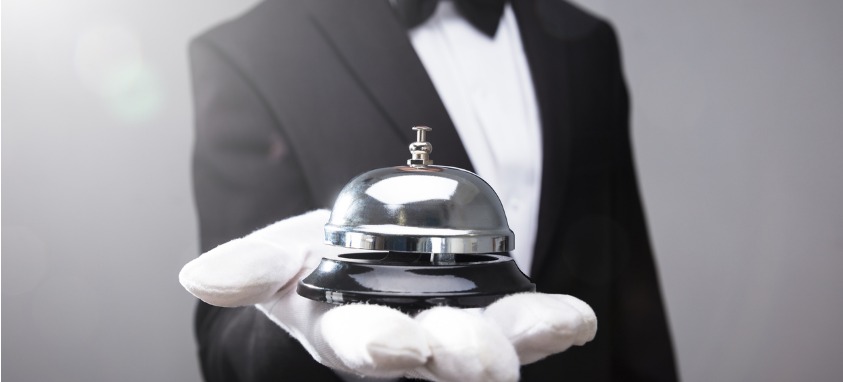Originally published October 2, 2018 on SmartMeetings.com
You can find the rest of my work with Smart Meetings here
Services hotel guests think they will need don’t always line up with what they end up using, according to a new study from Cornell University.
Spanning six hotel brands, 33 hotels and 724 surveyed guests, Cornell’s School of Hotel Administration tracked 50 hotel amenities, from bottles of water in the room to spas and swimming pools. The surveys asked guests first what they expected to use during their stays, and later what they actually used. For instance, almost all guests assumed they would want to use a closet (92 percent) and a TV (91 percent), and the portion that actually used them (86 and 85 percent, respectively) remained relatively consistent.
When it comes to having an on-site fitness center, however, 46 percent of all guests—and 48 percent if just counting guests visiting for business—said they would need it, but only 19 and 17 percent, respectively, ended up actually using it. Pools scored in a similar fashion, with 41 percent expected use, and only 28 percent actual use. The single largest discrepancy was alarm clock use. While 69 percent of people said they needed alarms in their rooms, only 15 percent used them.
Generally, guests overpredicted what they would use in hotels, but there were also a handful of cases where they underpredicted. In the cases of the concierge (31 versus 42 percent), the bellhop (18 versus 27 percent), and valet parking (14 versus 23 percent), guests ended up taking advantage of the services more than they expected. And though only 27 percent of guests thought they might find reason to sit down in the hotel lobby, 42 percent ultimately did.
The study’s authors propose that the amenities guests expect to use before their actual visit can be good indications of a hotel’s ability to attract new guests, while the amenities they actually use determine if guests would be willing to return. At the same time, the study also provides a larger look at what attendees value in a hotel, whether they use it out not. Only 11 percent expect to take advantage of a minibar, with just 8 percent ever taking the salted-peanut and tiny whiskey bottle plunge. At the same time, while only a fraction of guests expects to need food in the lobby (28 percent) or movies on-demand (17 percent), more than half expect they will make use of an iron (56 percent), an in-room coffee maker (59 percent), bottled water (51 percent) and a hotel bar (51 percent). Matching the costs and benefits of hotel amenities to guests is an ongoing struggle in thehospitality industry,and the researchers at Cornell hope this study will be a solid step in the right direction.

